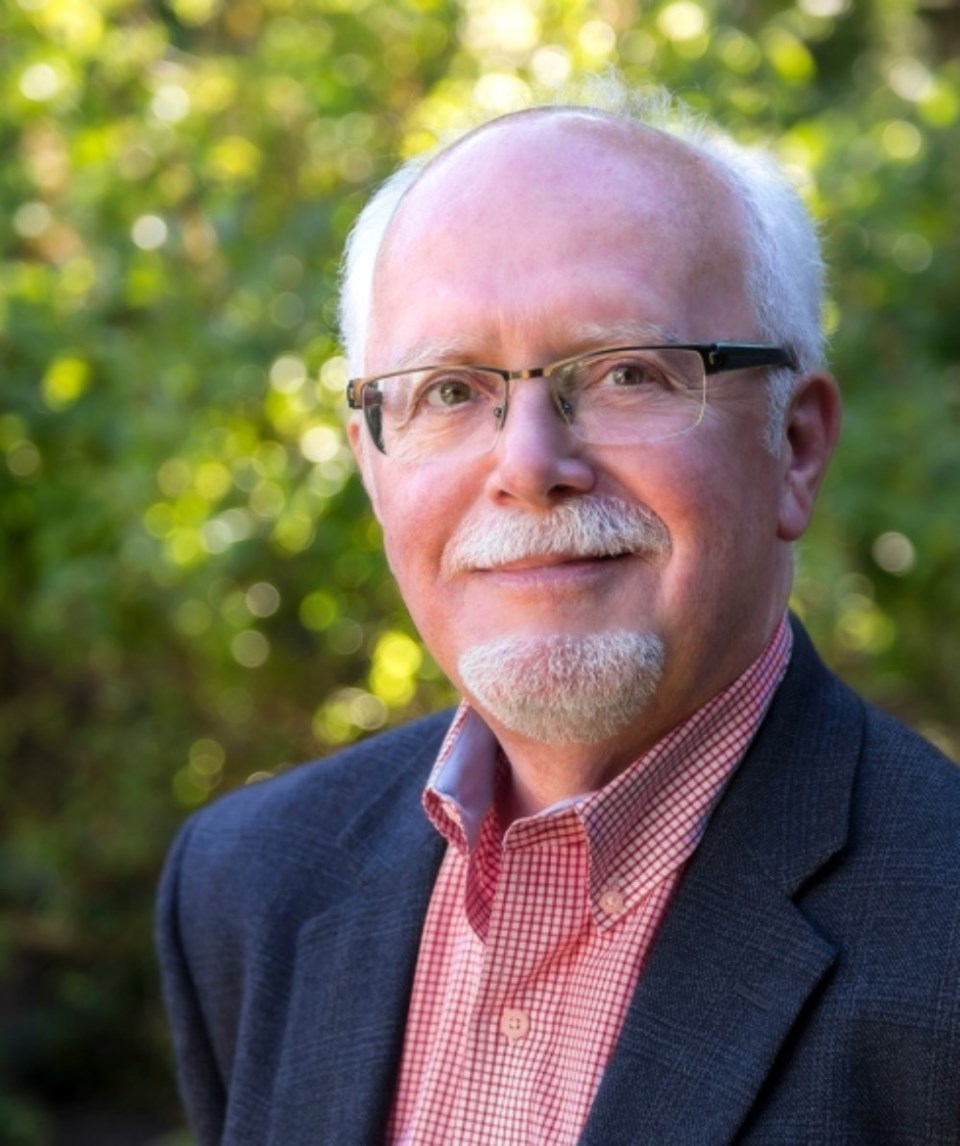May I be peaceful and aware, open to engage with love and power with what the world brings to my doorstep,” is a prayer and a mantra I’ve knit into the fabric of my daily life. Something that appeared on my doorstep at Christmas was a gift from my eldest son’s partner, a copy of the international bestseller, The Dawn of Everything: A New History of Humanity, by David Graeber and David Wengrow.
Its significance is extolled in 25 blurbs on its front pages. “This myth-busting history of our prehistoric ancestors aims to overthrow the traditional idea of them being primitive and childlike,” says the Sunday Times in a 2021 “Books of the Year” piece. The book was personally notable because parts of it spoke to an essay, “Little known story of the Peacemaker challenges culture of over-consumption and environmental imbalance,” I was just completing.
According to an article in the current issue of Canada’s History, the Peacemaker was born near present-day Deseronto, Ontario, many centuries ago. While his origin story has been dated to the 12th century (among other possibilities), Graeber and Wengrow say, based on the epic Gayanashagowa, or Great Law of Peace, he is a reincarnation of a creation-myth character.
However the Peacemaker appeared, his presence was pivotal to the creation of the Haudenosaunee/Iroquois Confederacy and its values. The “Thanksgiving Address,” from the Peacemaker, includes the “words that come before all others”: “that peace requires gratitude,” that “We are to be thankful for the living world…. Our Mother Earth connects us to a perpetual process of creation, and she continues to provide all we need to be happy and healthy.” To this day, the council of the confederacy maintains an empty chair as a reminder of the Peacemaker’s continuing presence.
Graeber and Wengrow introduced me to Kandiaronk, a Huron-Wendat statesman, who, in the 1690s, was a frequent guest of the Comte de Frontenac, Governor of New France. Kandiaronk was a key contributor to what Graeber and Wengrow call the “indigenous critique” of European civilization.
Frontenac’s deputy was the Baron de la Hontan, who became known as Lahontan. In Amsterdam, in 1703, Lahonton published Curious Dialogues with a Savage of Good Sense Who Has Travelled, which received a wide audience. The “savage” was called “Adario” but was actually Kandiaronk.
They “laugh at the difference of ranks which is observed with us,” Lahonton writes of Native Americans like Kandiaronk who had been to France. “They brand us for slaves, and call us miserable souls, whose life is not worth having, alleging that we degrade ourselves in subjecting ourselves to one man [the king] who possesses all the power, and is bound by no law but his own will.”
Graeber and Wengrow comment: “we find here all the familiar criticisms of European society that the earliest missionaries had to contend with—the squabbling, the lack of mutual aid, the blind submission to authority—but with a new element added: the organization of private property.” The Native Americans, Lahonton writes, “think it unaccountable that one man should have more than another, and that the rich should have more respect than the poor.”
The message of the Indigenous critique is that Indigenous culture, as exemplified by the Peacemaker and Kandiaronk, has a consciousness and control over how they live that we in the “first world” don’t have. In addition, Graeber and Wengrow talk “about basic forms of social liberty which one might actually put into practice: (1) the freedom to move away or relocate from one’s surroundings; (2) the freedom to ignore or disobey commands issued by others; and (3) the freedom to shape entirely new social realities, or shift back and forth between different ones…. The European conception of individual freedom was, by contrast, tied ineluctably to notions of private property. Legally, this association traces back above all to the power of the male household head in ancient Rome, who could do whatever he liked with his chattels and possessions, including his children and slaves. In this view, freedom, was always defined—at least potentially—as something exercised to the cost of others.”
While the accelerating climate emergency is more than enough to justify a fundamental shift in our socio-economic values, we are also confronted by a host of other challenges, including an increasing number of autocrats who act with impunity, Putin’s unprovoked attack and war on Ukraine, and the senseless, stalemating savagery of the Israel-Hamas War, to name some of the most prominent. I don’t know what the stages of such a values shift would look like, but I suspect the Indigenous critique could have an important influence on them. Based on what Graeber and Wengrow learned about the history of Indigenous culture in North America, and shifts that it made, they believe “the possibilities for human intervention are far greater than we’re inclined to think.”
As life has brought many challenges to our collective doorstep, may we be peacefully attentive to what turns up on our individual doorsteps, so that we may respond to those opportunities with constructive intention that contributes to a more harmonious world now and for our descendants.
Patrick Wolfe is the author of the biographies Etty Hillesum Safeguards God: The Story of Her Spiritual Transformation during the Holocaust and A Snake on the Heart: History, Mystery, and Truth – The Entangled Journeys of a Biographer and His Nazi Subject. The latter is the dark story of a member of the Dutch SS who became a Canadian social worker and foster parent.
You can read more articles on our interfaith blog, Spiritually Speaking, at https://www.timescolonist.com/blogs/spiritually-speaking



